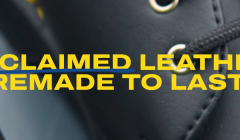
Dr. Martens champions sustainable fashion
Genix Nappa, a new material made of leather offcuts, aims to reduce waste
But if the way we eat has changed, what we eat needs to follow. Processed, high calorie, sugar-laden snacks just won’t cut the mustard anymore, so ‘Generation Graze’ is going to hunt down an alternative.

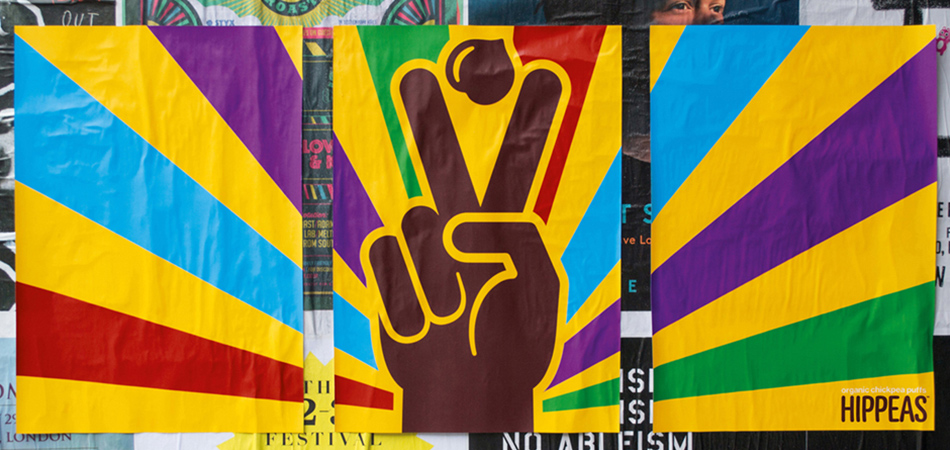
Most mornings, we wake up in a world that’s moving at a hundred miles an hour. And then we try to catch-up.
We’re out of bed and on the train and at our desks before we’ve even blinked. Then we ping from meeting to meeting, task to task, until we’re home playing catch-up once more, but this time with our loved ones and box-sets.
And the whole time, we want to be at the top of our game, fuelled up and firing on all cylinders.
So, the question once more: why should we feel guilty for snacking?
The way we live and eat has fundamentally changed, with 45% of us switching regular meals for snacks (Nielsen 2014).
But if the way we eat has changed, what we eat needs to follow. Processed, high calorie, sugar-laden snacks just won’t cut the mustard anymore, so ‘Generation Graze’ is going to hunt down an alternative.
Thirty percent of Americans are swapping traditional snacks for better-for-you options (Nielsen 2015), a clear sign that the call for snacks that can fit in with our lifestyles and our beliefs, whilst ensuring we can still fit into our jeans, is ringing loud and clear.
And Hippeas is here to answer it.
In 2015, entrepreneur Livio Bisterzo came to us with a name, a product – the world’s first organic puffed chickpea snack – and a vision: to launch a credible challenger in the global snacks market.
To make those kind of waves, our task was two-fold. We weren’t just going to have to cut through the busy, worthy generics of the health food category, but we had to actively take on the mass mainstream at their own game.
In short, Hippeas needed to think big.
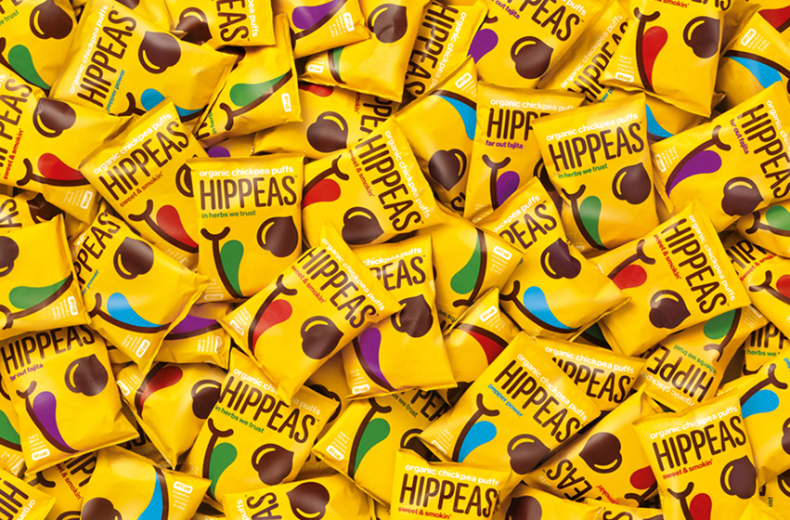
Strategy
As a business, our reputation is founded on building unashamedly big brands, brands with true charisma that are able to transcend the rational and connect with consumers on an emotional level.
These are the kinds of brands that could resonate with Hippeas’ target consumer, the fabled millennial. Or, as we like to call them, the modern hippies.
Health-conscious, eco-conscious and brand savvy, they don’t just want to feel good, but do good too, so they buy into companies who care and don’t compromise.
This meant that there was no space for waffle or half-baked insight in launching this brand. We needed a truth. And with the chickpea, we had a dream catalyst.
Chickpeas aren’t just tasty, they were chosen by Hippeas for a reason. As it grows, the chickpea actively releases nitrogen into the soil, literally leaving the earth a better place than when it started.
With that, we had our spark, and we set about ensuring that spirit carried through the entire brand. From personality and packaging, all the way to a partnership with charity Farm Africa, it had to be all about one big ambition: spreading the peas and love.
Creative Expression
To live up to that ambition, we needed branding to match. The name alone instantly unlocks a rich, visual language from the hippie era, but we wanted to avoid creating a nostalgic cliché. Instead, we needed to bring our inspiration bang up-to-date. Bold, bright and brave, our visual identity delivered that in spades.
The brand colour – a yellow steeped in California sunshine – ensured we were never going to disappear on shelf. With attentions caught, our icon, an abstracted smiling face with its twinkling chickpea eye, immediately landed the brand’s story and captured Hippeas’ inherent optimism. And as for the rest, that was up to our illustration style and distinctive tone-of-voice.
This is where our look and feel really came to life, evolving into a flexible, campaign-able identity that worked across all touch-points. Full of vitality and vibrancy, but under-cut by an irreverent, punchy sense of humour, we managed to create a balance. Not too worthy, not too wacky, just authentically Hippeas. Socially conscious but self-aware and ready to connect with today’s generation.
Impact
This all goes to prove the theory that charismatic brands are more than just a word mark and logo. They have worlds, filled with depth and discovery across every touch point. They have a purpose, but one that’s baked-in, not a fashionable after-thought.
And they have a certain mystique, an iconicity that elevates a commodity to something people proudly wear as a badge of honour. Hippeas has all of that and then some. And the results speak for themselves. They’ve landed with their audience. Hippeas is the fastest growing natural food brand on social media.
They’ve landed with the trade, gaining distribution with the entire Starbucks network in the US and UK, an array of key retailers both sides of the pond, and a raft of new ones lined up with Tesco, Costco and Target.
And they’ve reaped the rewards of both, in terms of both revenues ($10 million, delivered in 18 months) and awards (they won 16 including a Clio in 2017, and were named one of Forbes 25 most innovative brands).
We’re very proud of the work. But we’re even more excited about what it means for FMCG and the design industry as a whole.
Hippeas’ success shows how design can be a weapon for growth. That branding does, and should, grow brands. Healthy doesn’t need to be boring. Start-ups don’t have to act small. And big doesn’t have to be bad.
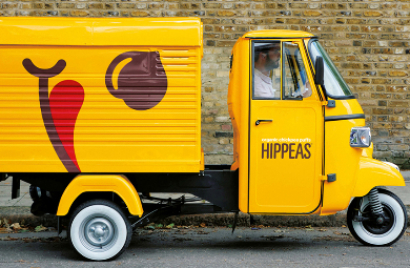
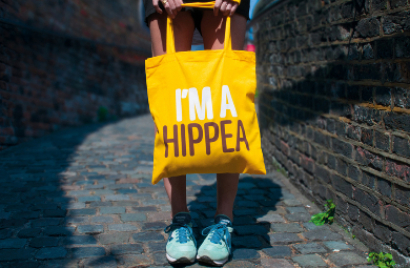
James is the Managing Director of JKR London, leading the agency in delivering powerful, effective and charismatic brand solutions across their portfolio. Since starting his career in New York, James has worked across continents, categories and clients. Stints at Sterling Brands and Landor offices built his steadfast belief in the power of outstanding work and relationships to deliver growth. That dedication to ensure we’re best in class has been a cornerstone of his work at JKR since 2011, when he’s not on the golf course that is.
Looks like you need to create a Creativebrief account to perform this action.
Create account Sign inLooks like you need to create a Creativebrief account to perform this action.
Create account Sign in